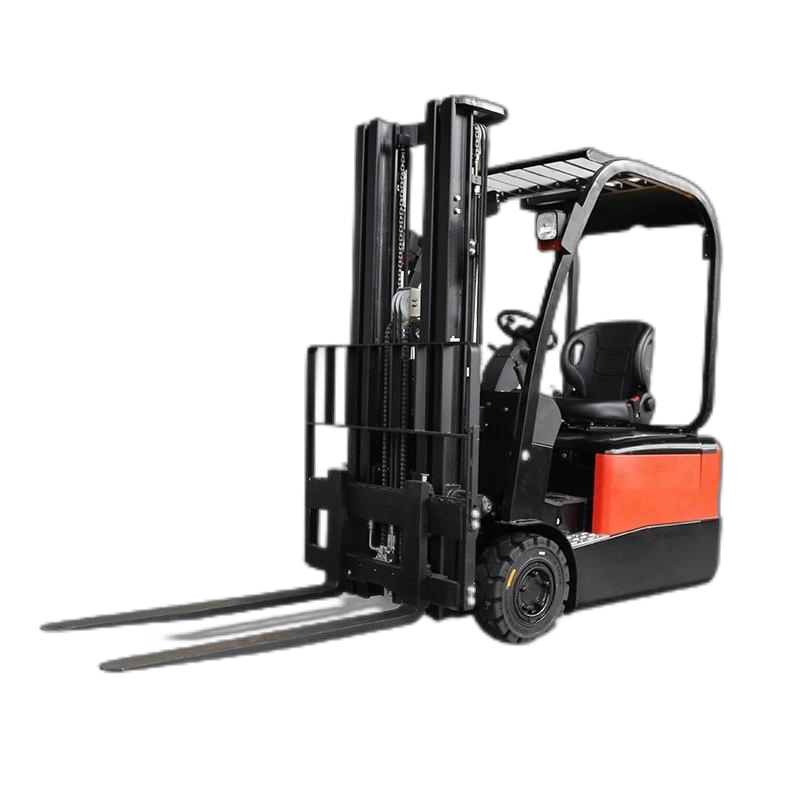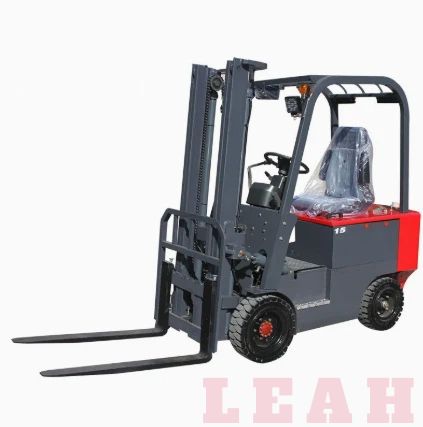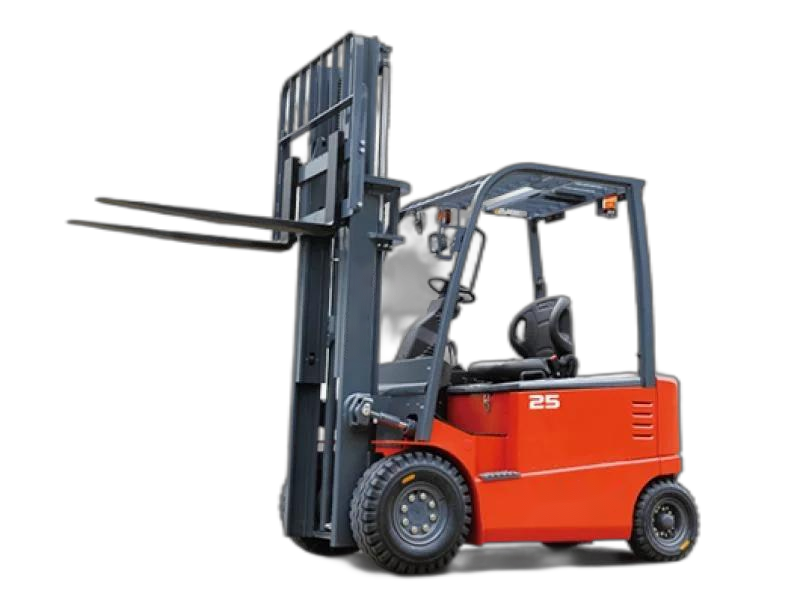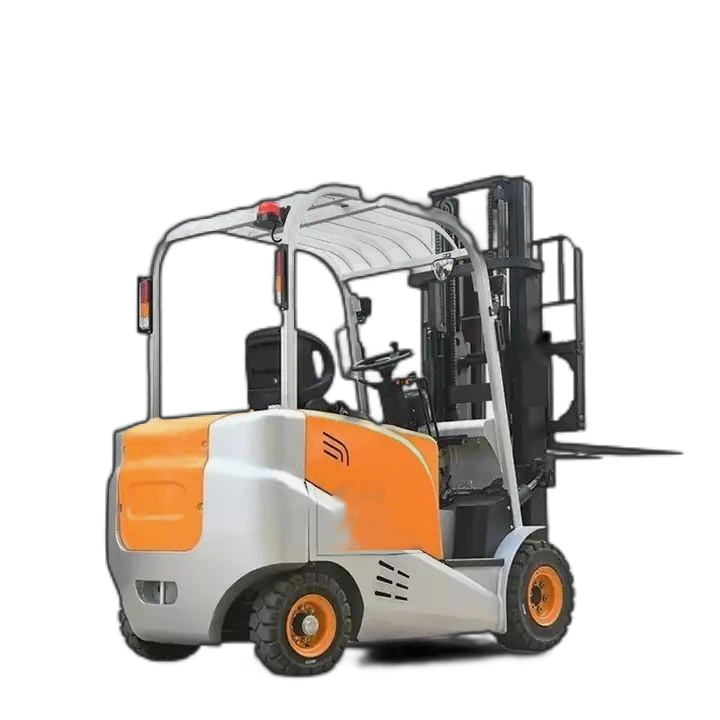I. Comparison of Maintenance Cycles and Contents

Maintenance Cycles
- Electric forklifts: Usually once every 1000 - 1500 hours, and some models can reach once every 2000 - 3000 hours.
- Internal combustion forklifts: Require an oil change, filter replacement, etc. every 500 hours (generally every 300 hours), with a maintenance frequency more than 3 times higher.
Maintenance Contents
- Electric forklifts: Mainly involve lubricating joints (such as mast bearings, steering axles) and inspection and cleaning. Hydraulic oil, gear oil and filters need to be replaced every 2000 - 3000 hours.
- Internal combustion forklifts: Need to frequently replace engine oil, filters, belts, etc. The maintenance contents are complex and time - consuming.
II. Analysis of Maintenance Costs
Material Costs
- Electric forklifts: Calculated based on 2000 hours per year, the annual maintenance cost is about 1000 - 1500 yuan (material cost only).
- Internal combustion forklifts: The annual maintenance cost is about 3000 - 4000 yuan (material cost only).
Long - term Cost Advantages
- Total cost in 4 years: For electric forklifts, the maintenance + battery replacement cost is about 42,000 yuan (including batteries at about 29,000 yuan), while for internal combustion forklifts, the maintenance + engine overhaul cost exceeds 13,000 yuan. The total cost difference reaches more than 30,000 yuan.
- Energy savings: The annual energy consumption cost of an electric forklift is about 2646 yuan, while that of an internal combustion forklift is 4166 yuan. The energy - saving effect is remarkable in long - term use.
III. Key Points for Cost Reduction and Efficiency Improvement
Extended Maintenance Cycles: Reduce the downtime of electric forklifts and improve operating efficiency.
Spare Part Selection: Give priority to using original batteries (with a lifespan of about 1000 charge - discharge cycles and a cost of about 29,000 yuan per set) to reduce the rate of unexpected failures.
Standard Operating Procedures: Regularly train operators to avoid additional losses caused by misoperations.







